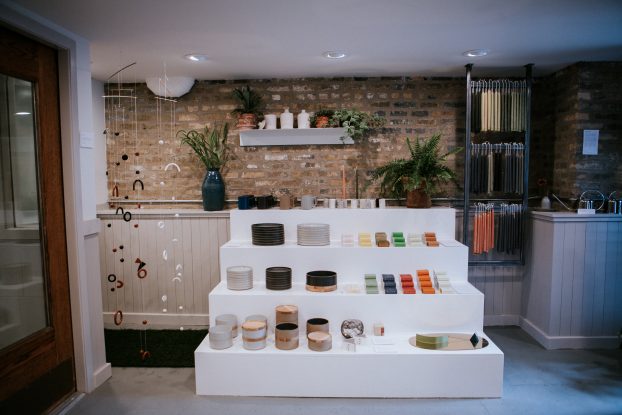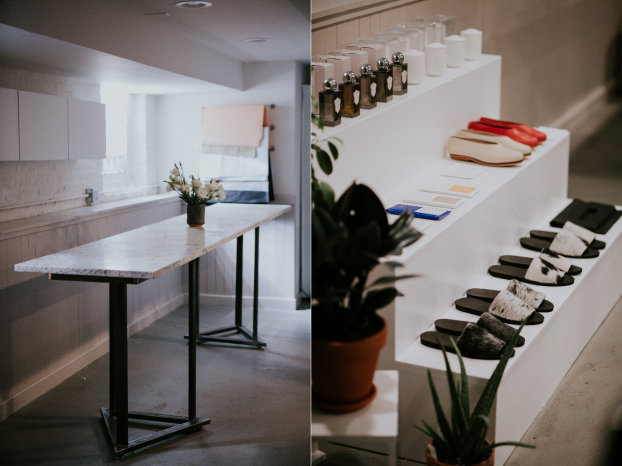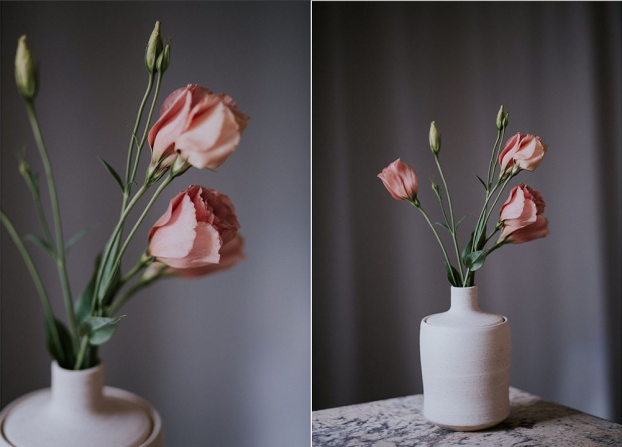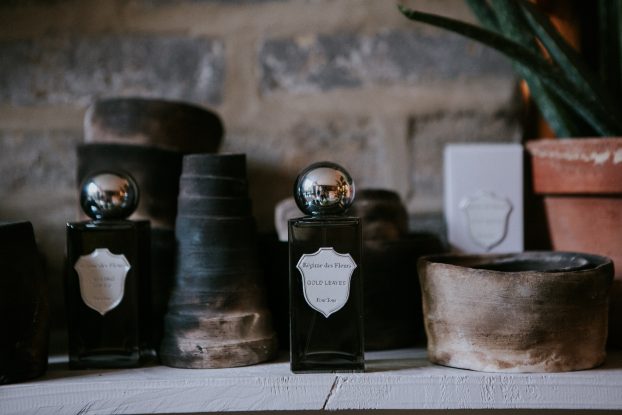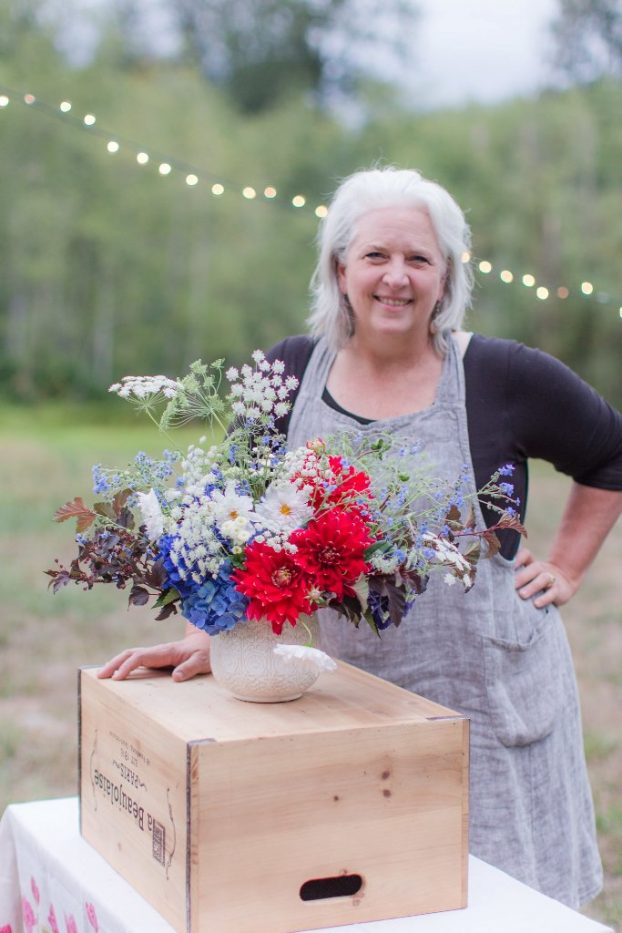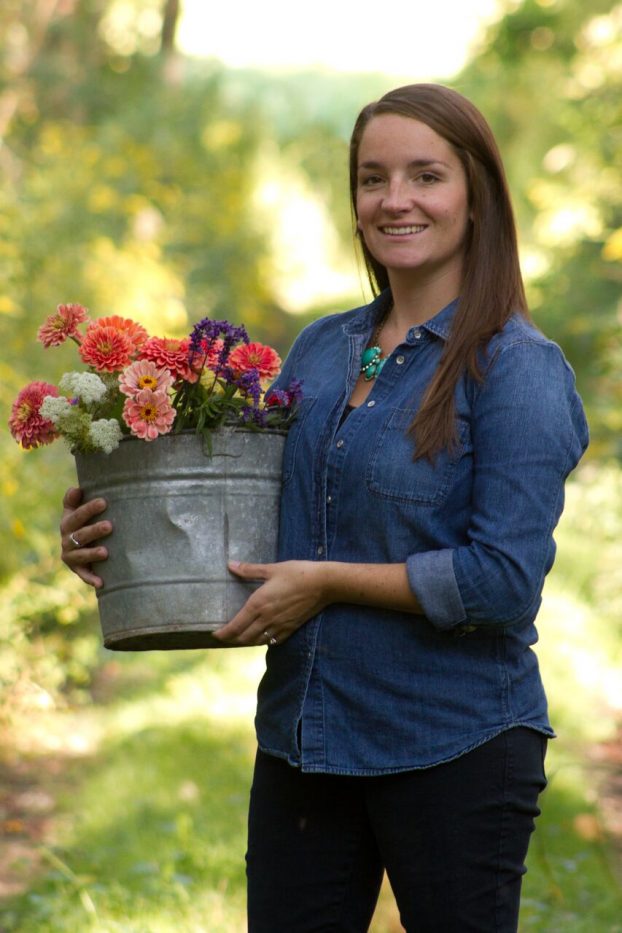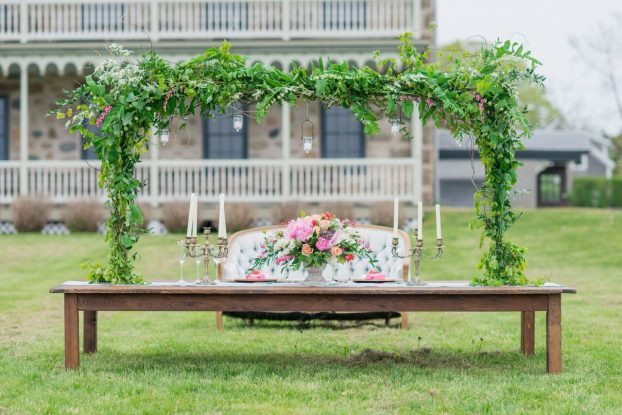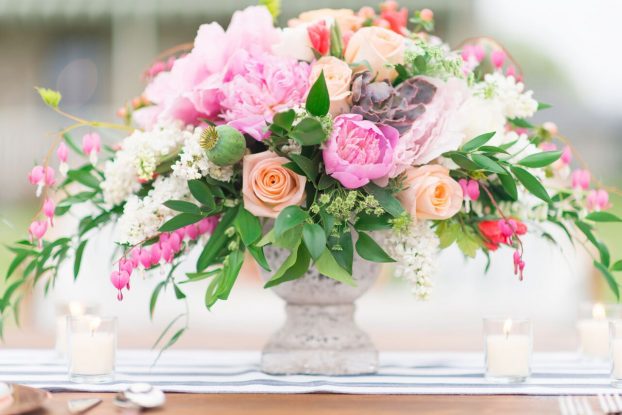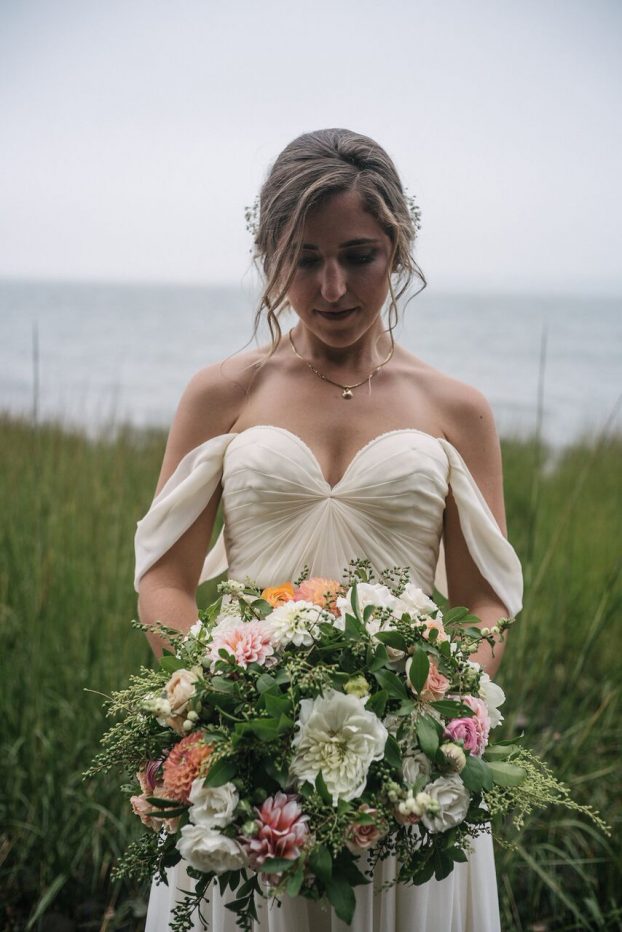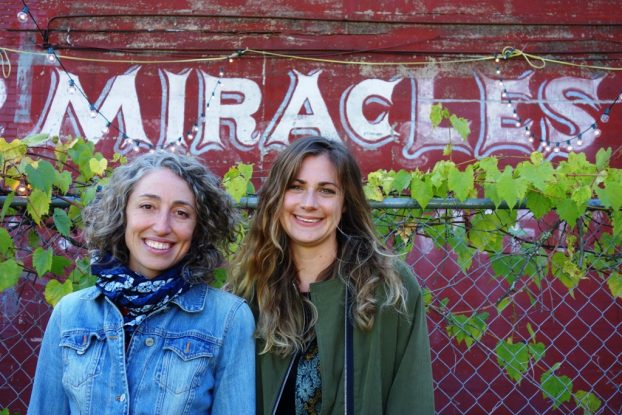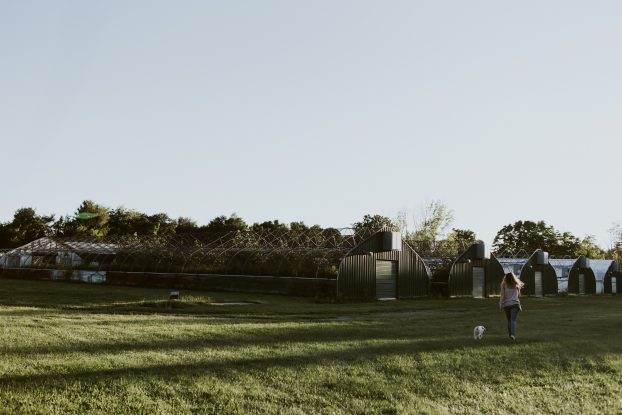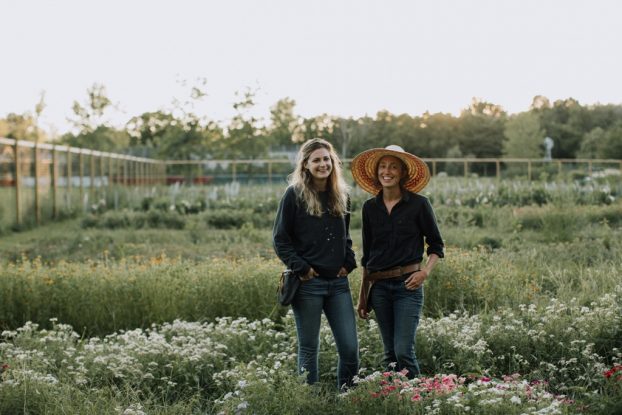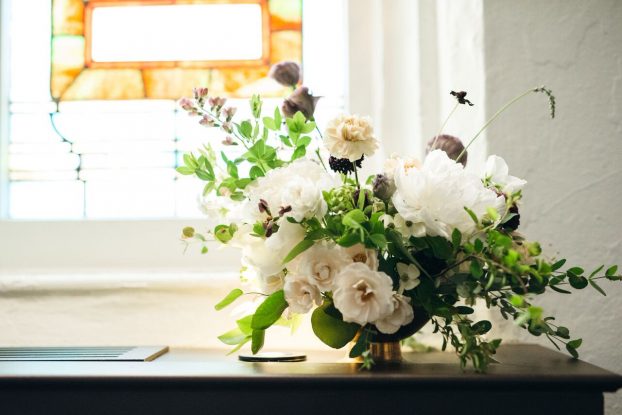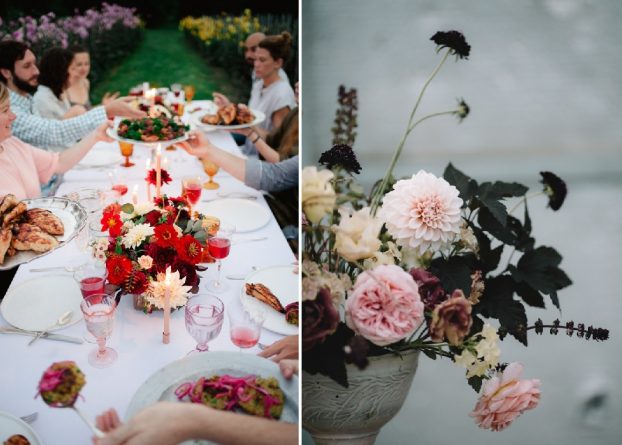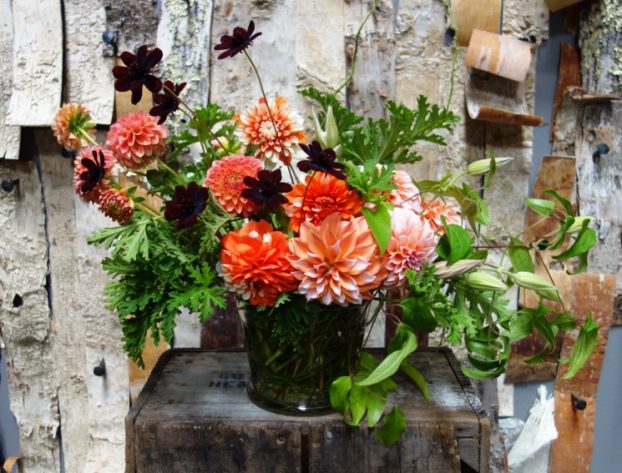Podcast: Play in new window | Download
Subscribe: Apple Podcasts | Podcast Index | RSS | More
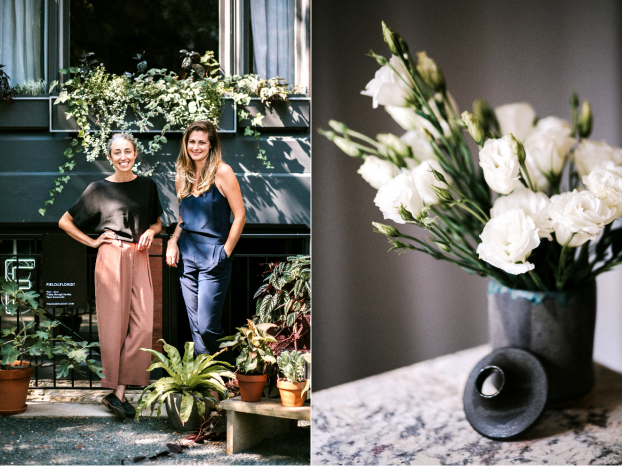
Heidi Joynt and Molly Kobelt of Field & Florist (left) and a lovely photograph of their new Convertible Vase (right), developed with Chicago ceramicist Angela Venarchik
We’re coming to a close of the year and lately, I’ve been focused on the upcoming 2018 Slow Flowers’ Floral Insights & Industry Forecast, which I will release on January 3rd, with episode 330 of this podcast.
For the first time, our annual Floral Insights will also be published in Florists’ Review — and you can find the report in the pages of the magazine’s “Slow Flowers Journal” section come January 2018 issue. Subscribe to Florists’ Review and read our bonus Slow Flowers Journal content at the special rate of $21 for 12 issues — 62 percent off the cover price! Check out details by following this link or call 1-800-367-4708.
One of the themes of the 2018 Floral Insights involves new ways for flower farmers and farmer-florists to bring their botanicals to the marketplace — through their own retail outlets.
I first touched on this idea last month, when I invited Emily Calhoun of Albuquerque, New Mexico-based Floriography Flowers, to share her news, which you can hear in a segment called “Flower Farmers Shift into Retail Floristry.” As it turns out, Emily is just one of several pioneering flower farmers embracing retail channels.
Today, you will hear from returning guests Heidi Joynt and Molly Kobelt of Chicago-based Field & Florist, as they discuss their new retail store in the heart of the city’s Wicker Park neighborhood. And in a few week’s we will feature a Boston area flower farmer who’s recently opened two retail outlets in that city.
Follow these links to their past interviews on this Podcast.
Cindy Dampier of the Chicago Tribune wrote this recently:
Heidi Joynt and Molly Kobelt are florists — by way of a garden. Their days are dictated by irrigation and planting plans, bloom times and germination schedules. On any spring or summer morning, you’ll likely find the two of them in boots and work gloves, happily cultivating varieties they’ve carefully selected during a long winter’s worth of research. But unlike most gardeners, blooms are just a starting point for the ladies of Field & Florist. Those creamy peonies and cup-shaped hellebores are the raw materials for a summer’s worth of bouquets that seem, with each delicate, wayward tendril, to channel the garden they came from.
The women were recently featured in a documentary called “A Room with the Highest Ceiling,” produced by The Food Porn Hub. It’s a lovely “short film” and I think you’ll want to take the time to watch and listen to their philosophy (not to mention see their farm!):
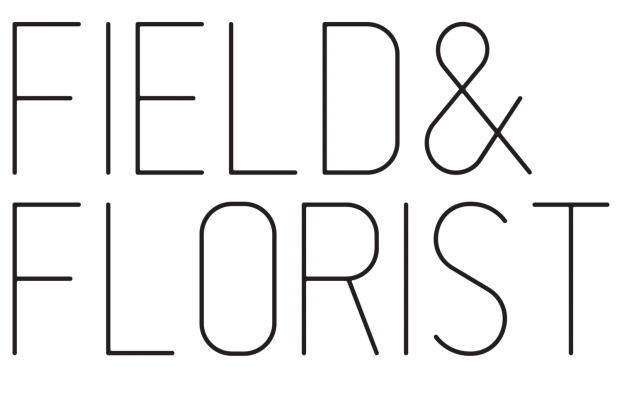 Enjoy these new photographs that Heidi and Molly have shared, taken by Jaclyn Simpson.
Enjoy these new photographs that Heidi and Molly have shared, taken by Jaclyn Simpson.
And follow these links to Field & Florist’s social places.
 Thanks so much for joining us today!
Thanks so much for joining us today!
The Slow Flowers Podcast has been downloaded more than 257,000 times by listeners like you. Thank you to each one of you for downloading, listening, commenting and sharing. It means so much.
If you value the content you receive each week, I invite you to show your thanks and support the Slow Flowers Podcast with a donation — the button can be found on our home page in the right column. Your contributions will help make it possible to transcribe future episodes of the Podcast.
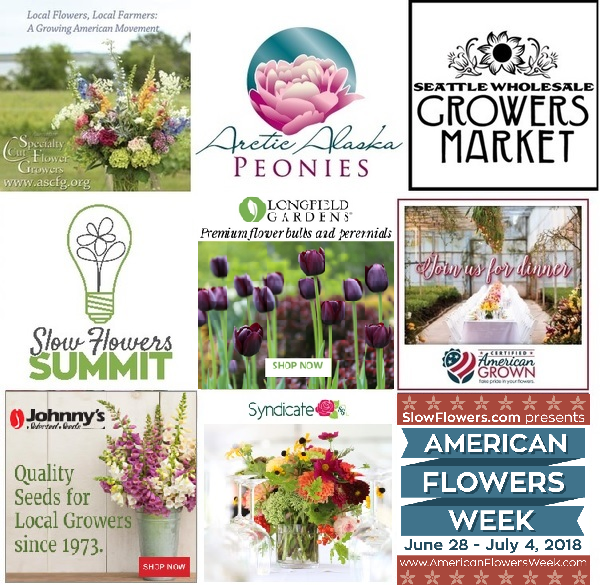 Thank you to family of sponsors:
Thank you to family of sponsors:
Certified American Grown Flowers. The Certified American-Grown program and label provide a guarantee for designers and consumers on the source of their flowers. Take pride in your flowers and buy with confidence, ask for Certified American Grown Flowers. To learn more visit americangrownflowers.org.
Arctic Alaska Peonies, a cooperative of 50 family farms in the heart of Alaska providing high quality, American Grown peony flowers during the months of July and August. Visit them today at arcticalaskapeonies.com
Seattle Wholesale Growers Market, a farmer-owned cooperative committed to providing the very best the Pacific Northwest has to offer in cut flowers, foliage and plants. The Growers Market’s mission is to foster a vibrant marketplace that sustains local flower farms and provides top-quality products and service to the local floral industry. Find them at seattlewholesalegrowersmarket.com
Longfield Gardens provides home gardeners with high quality flower bulbs and perennials. Their online store offers plants for every region and every season, from tulips and daffodils to dahlias, caladiums and amaryllis. Visit them at longfield-gardens.com.
Syndicate Sales, an American manufacturer of vases and accessories for the professional florist. Look for the American Flag Icon to find Syndicate’s USA-made products and join the Syndicate Stars loyalty program at syndicatesales.com.
Johnny’s Selected Seeds, an employee-owned company that provides our industry the best flower, herb and vegetable seeds — supplied to farms large and small and even backyard cutting gardens like mine. Check them out at johnnysseeds.com.
Association of Specialty Cut Flower Growers. Formed in 1988, ASCFG was created to educate, unite, and support commercial cut flower growers. It mission is to help growers produce high-quality floral material, and to foster and promote the local availability of that product. Learn more at ascfg.org
I’m Debra Prinzing, host and producer of the Slow Flowers Podcast. Next week, you’re invited to join me in putting more American grown flowers on the table, one vase at a time. And If you like what you hear, please consider logging onto Itunes and posting a listener review.
The content and opinions expressed here are either mine alone or those of my guests alone, independent of any podcast sponsor or other person, company or organization.
The Slow Flowers Podcast is engineered and edited by Andrew Brenlan. Learn more about his work at KineticTreeFitness.com.
Music Credits:
Photo credit: Jaclyn Simpson.









